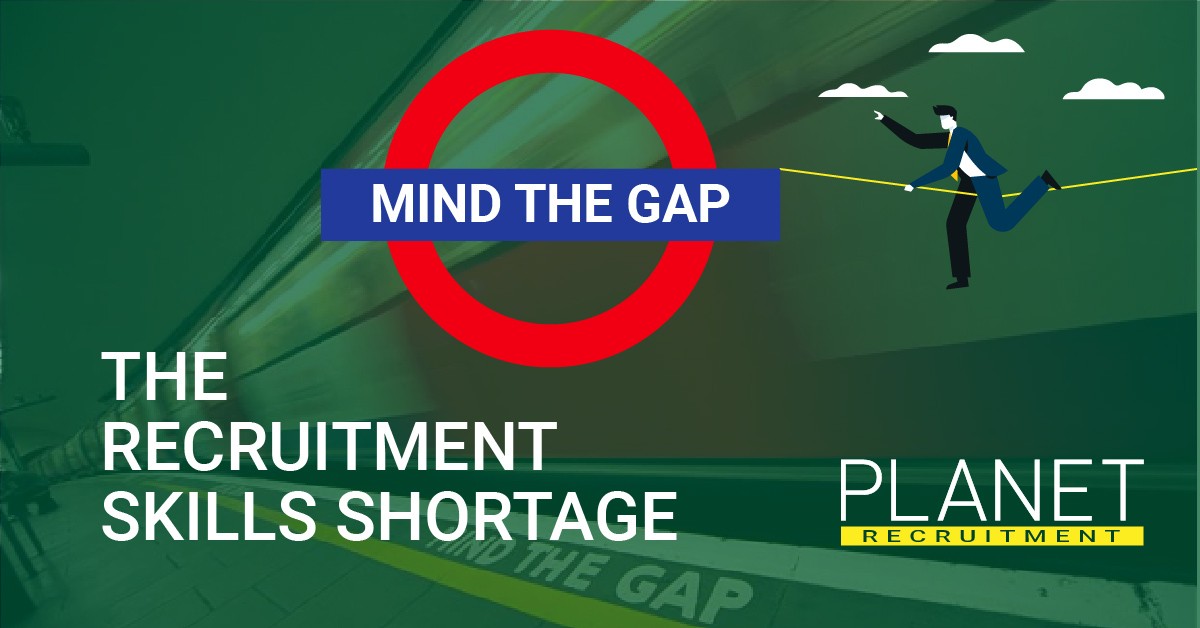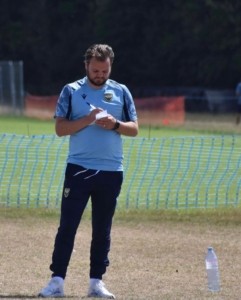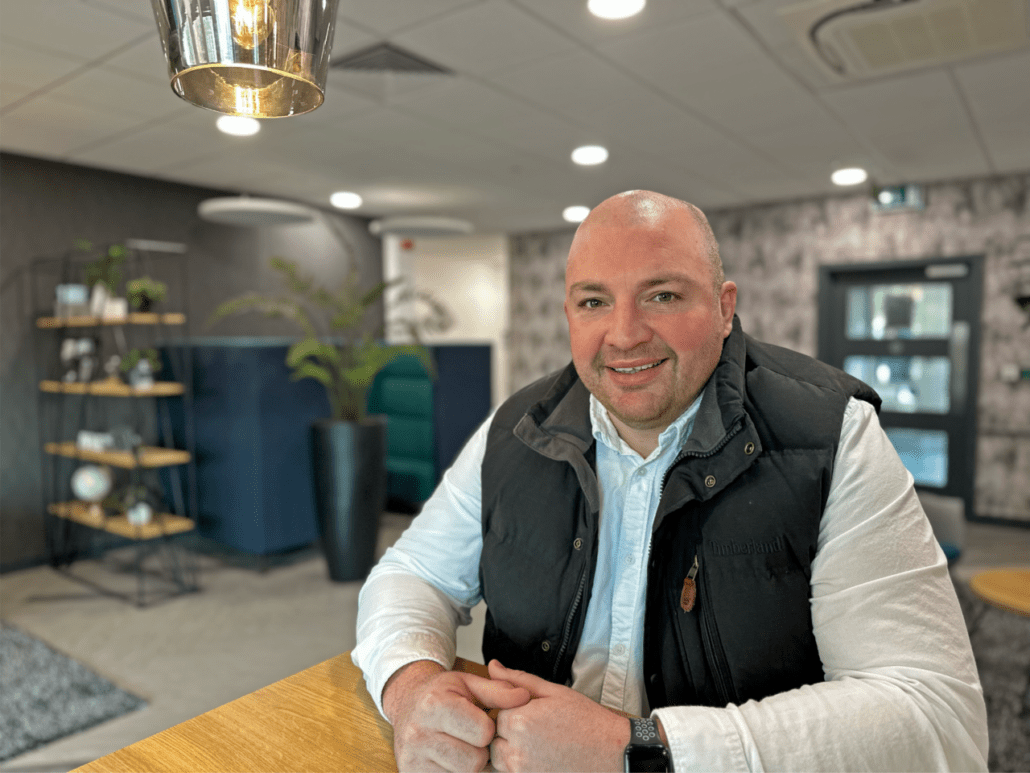The Recruitment Skills Shortage: Mind The Gap

The recruitment skills shortage poses a significant challenge for businesses of all sizes. HR professionals and hiring managers must remain vigilant, keeping pace with industry trends and understanding the obstacles they face. As the demand for skilled workers consistently outpaces the available supply, strategic efforts are essential to address this ongoing issue.
Industry Insights Analysis
Across all industry sectors from IT, Engineering and Construction to Hospitality and Healthcare, businesses find it extremely difficult to fill their vacancies. This multi-faced and complex issue is a result of a combination of reasons namely the baby boomer generation retiring; the pandemic and Brexit are all to play.
Drilling down into sectors, IT and Technology, the rapid pace of digital innovation has led to a scarcity of developers, data scientists, and cybersecurity experts. Similarly, the healthcare industry is grappling with shortages of nurses, physicians, and medical researchers.
The engineering sector also experiencing a dearth of qualified professionals across various disciplines due to a lack of trained and skilled staff. According to many sources, many qualified and experienced staff on the managerial level are at or nearing retirement age. They are either staying put or have decided to end their careers with no prospects of being replaced.
What is causing your skills shortage?
When thinking of the world of recruitment challenges, important questions spring to mind: Firstly, why do we need to know all about the industry insights and trends; what can be done about it, and more importantly, how best to move forward?
The answers depend on the businesses’ individual circumstances as well as strategy. Some will have a greater impact than others. Nevertheless, understanding the drivers of change in the size of the workforce is important to identify the sources of vulnerability and resilience to future shocks. Also, staying abreast of the trends can help you navigate an unpredictable economic environment which has a direct financial impact on product and service delivery, affecting your business growth.
Do something about it.
To address the current challenges in the recruitment industry, organisations must strategically utilise technology, cultivate employer brands, and allocate resources to offer a comprehensive training and development initiative. Training and upskilling not only improves the ability of your existing employees, but well-executed training plans and courses are a major factor in attracting fresh talent.
It is also important to ask for help when needed. If you are struggling to fill vacancies, why not to speak to a quality recruitment agency for advice. Any reputable agency will be more than happy to offer free advice to struggling companies.

Thinking short-term can also help
Have you considered hiring contractors, or temporary staff to fill the skills you are missing? Every day without the right people is costing your business in loss of productivity and earnings.
As the workforce landscape evolves, staying ahead of the trends is paramount for businesses to maintain competitiveness in today’s dynamic and ever-changing job market.
If you’re facing recruitment challenges and need assistance, please reach out to one of our experts at Planet Recruitment. We specialise in connecting great employers with talented temporary and permanent candidates who are ready to make the impact. Whether you’re hiring for your company or seeking your next job opportunity, we strive to take the headache out of the process. Our personalised services, specialist teams, and accessibility ensure that you’re never left talking to a machine. Let’s find your next appointment together.














